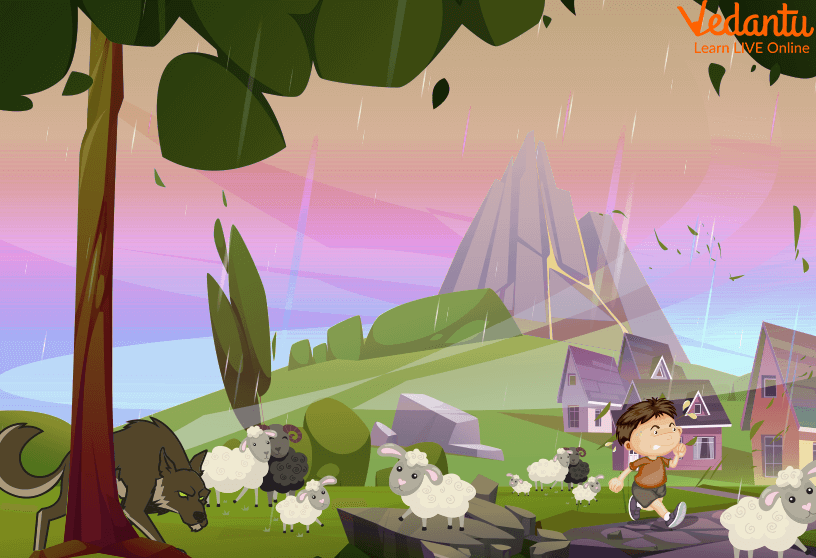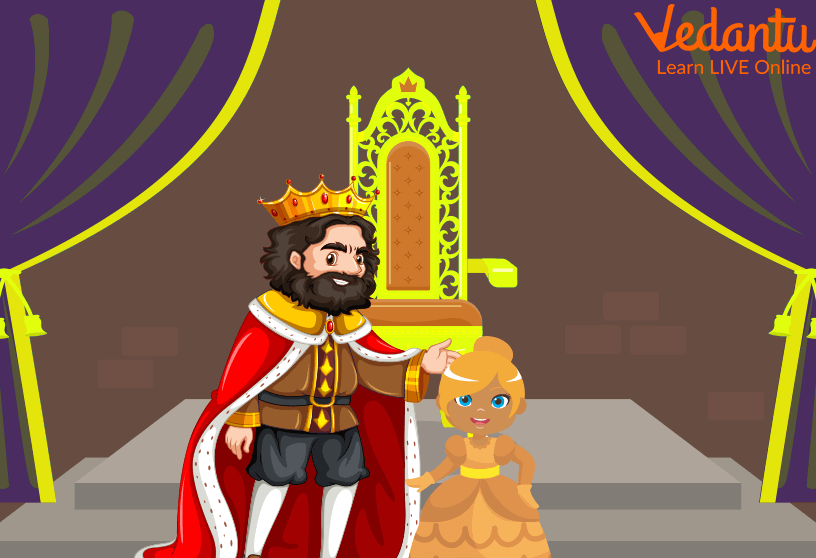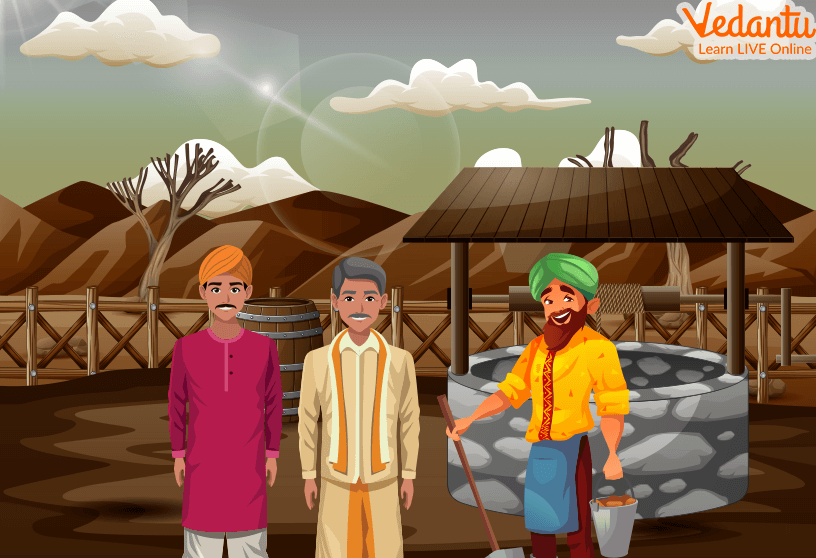3 Short Stories for 10 Year Old Kids

The age of 10 is a very absorptive age when kids pick up values and lessons from stories and tales that they read or the ones that are read out to them. This article includes 3 great short stories for 10-year-olds that are amazing for understanding the underlying morals and values that they impart. Parents can read these out to their children or children can read these themselves and be able to learn from them. Let us dive directly into the tales now and see what lessons we can pick up from these!
Short Stories for 10-Year-Olds
1. The Boy Who Cried Wolf
There was once a little boy in the village who used to love watching over his flock of sheep as they grazed. He used to take his flock outside the village to feed them and let them move around. One day, he got bored and decided to try something out. He screamed “Wolf! Wolf!” and waited to see the reaction from the villagers.
To his amazement, all the villagers ran up to the valley where the boy was grazing his flock of sheep. They were there to scare the wolf off so that the flock or the boy was not harmed. But they were very angry when they didn’t find any wolf there at all. They angrily asked the boy not to shout out for warning where there is no danger.
The boy did not pay much heed to the villagers and repeated the same thing. He cried out “Wolf! Wolf!” and waited for the villagers to arrive. He watched as the villagers came running to help him. But they were disappointed this time as well, and they strictly asked the boy not to call out to them unless he was in real danger.
That very day, the boy noticed a real wolf sneaking into the flock and he cried out again for the help. But this time, nobody came. Later the next day, the villagers came around looking for the boy and found out that he was sitting there, weeping, as he had lost all his sheep to the nasty wolf.
An old man came to comfort him and whispered in his ears, “Nobody wants to help a liar”.

Wolf attack in a field full of sheep
2. The Golden Touch
There was once a king named Midas who had received a boon for helping a Satyr. The boon was given by Dionysus, the God of Wine. The boon was that whatever Midas would touch, would become gold. To the world and Midas himself, it was a great blessing. Who wouldn’t want so much gold?
Midas started touching everything in his palace to make them turn into gold. He was very happy and proud to have so much wealth to himself. But soon, it became a curse for him. He couldn’t eat his food because as soon as he touched it, it turned into gold!
He was very upset with his boon and was starving. His daughter came to the rescue and fed him. He was happy and embraced his daughter with love. But just as he touched her, she too was turned into gold. Midas was heartbroken at this and realised that he should have thought before bearing so much greed for something.

Golden Touch
3. The Farmer and the Well
Once a farmer bought a well from his neighbour to be able to draw water for himself and his family. The farmer was happy to own a well now, and he got ready with a bucket to get some water for home the next day. The neighbour was a cunning old man. He refused the farmer to take any water from the well. He explained to the farmer that he had bought the well, not the water, and so he did not have any right to take water from the well.
So, the farmer went to the village chief to discuss the matter. The chief told the neighbour that since the farmer had bought the well, the neighbour could not keep the water in his well. The neighbour understood the scheme of the chief and apologised for his misdoing.

The Farmer and the Well
Conclusion
The short stories in this article are great tales for 10-year-olds to pick up good morals and to be able to remember them and use them in their daily lives. Parents should encourage their kids to read such stories to instil good values in them. For more such stories, visit the Vedantu website. Happy reading!


FAQs on 3 Short Stories for 10 Year Old Kids
1. What is the moral of the story ‘The Farmer and the Well’?
The story tells us that we should not try to trick people into doing something since the deed will come back to us in the form of punishment.
2. Why are moral stories important for 10-year-olds?
Moral stories teach kids to look out for depth in any situation. The ability of observation and analysis develops in kids who read such moral stories. Ten-year-olds are in a stage in life where they can pick up good habits and values quickly from their surroundings. So, moral stories should be included in their reading curriculum for the conditioning of their habits and outlook.




